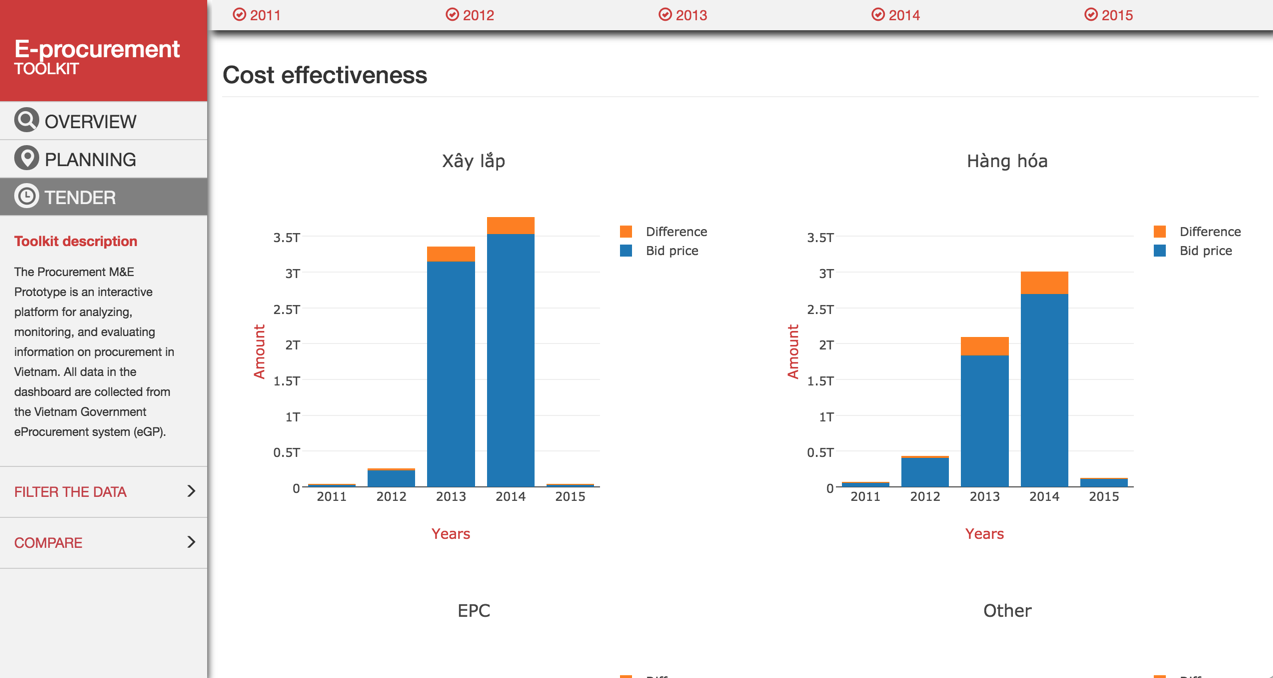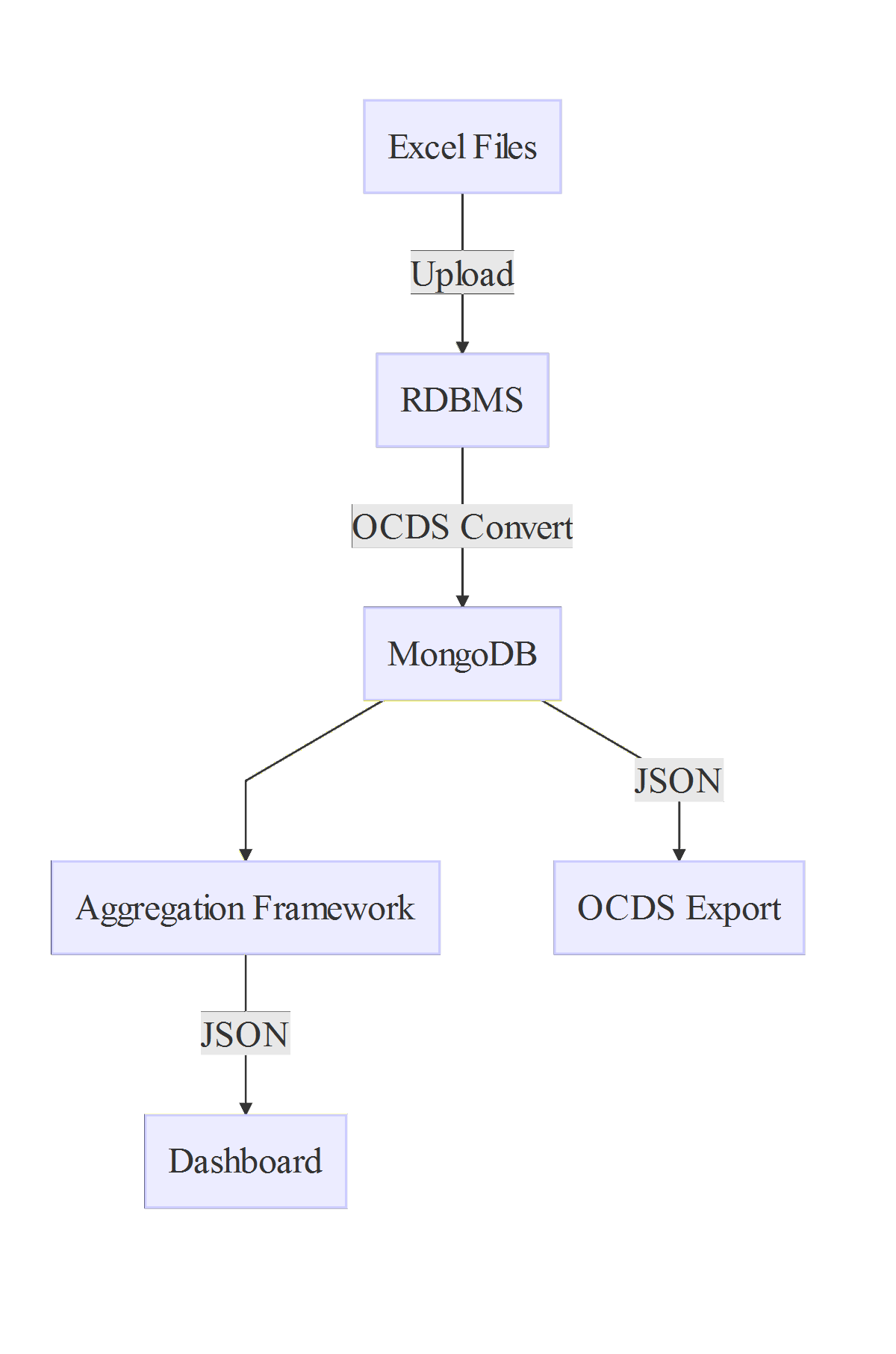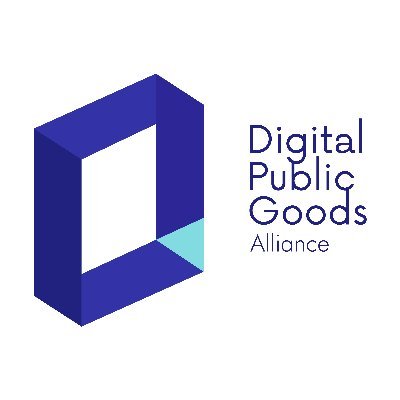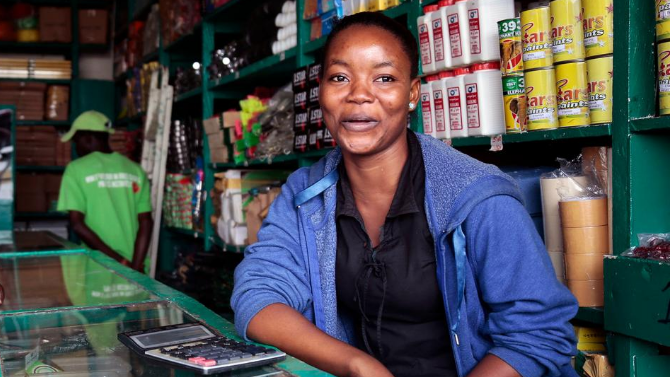Under the Hood: An Open Source Dashboard for Procurement in Vietnam
In partnership with the World Bank, Development Gateway has been working to support the Government of Vietnam’s Public Procurement Agency (PPA) in its efforts on open contracting and procurement monitoring and statistics. The Open Contracting Vietnam (OCVN) project is based upon government priorities for monitoring and disclosing data on procurement. We co-designed a dashboard with PPA to i) analyze its key questions and performance metrics through real-time data, ii) publish open contracting data in the Open Contracting Data Standard (OCDS), iii) make procurement data available and understandable to the public, and iv) identify areas for data quality improvements that PPA can target to improve its management mandate. This dashboard, which will be publicly launched in the fall, is built with open source tools and its source code is licensed under the open source MIT license.
Before diving into the technical details of the tool, here are a few thoughts on why this matters. By creating an open source application, based natively on OCDS JSON storage, DG (and others!) can more quickly deploy, integrate, and customize dashboard applications with a variety of existing procurement data sources and eProcurement systems. Using this application also can ensure more robust OCDS compliance, as DG has collaborated with the OCDS Help Desk to ensure that data mappings and structures are represented correctly. All in all, this means faster implementation, lower costs, and greater potential for peer learning and network benefits as more countries adopt, adapt, and benefit from this exciting new tool. Stay tuned for updates in the coming months on who and how this application is being used.

Note: The next section is for the technical-minded (if JSON sounds like a boy’s name to you, you’ve reached the end of your journey)
DG’s Open Source Toolkit: The Core of OCVN
DG-Toolkit is an open source project, built as a result of an internal innovation challenge at Development Gateway. We use it as a “jump start” in many projects, frequently adding new features to the Toolkit to serve as a strong foundation to any application. The Toolkit has the aim of creating a boilerplate template for small and medium sized DG projects. It is created as a mavenized multi-module project. Each module can be started independently of the rest. All modules are based on Spring Boot templates. Modules currently present, that are also being used by OCVN:
- persistence – this is a module responsible with JPA 2.0 data persistence. It is also provides HATEOAS services on top of the existing entities.
- persistence-mongodb – this module is responsible for persisting data to a non-RDBMS data storage, in our case MongoDB, This is achieved through the same repositories mechanism that spring-data provides, but this time for NoSQL instead of JPA.
- web – this module provides REST endpoints for the services needed, as well as basic security. It depends on the persistence module.
- forms – this module provides a basic toolkit for quickly building forms over the entities defined in the persistence module. It uses Apache Wicket as the backend. We use an extension of the forms module in OCVN to manage users and drive the import process.
- ui – this module is a template for building front-end functionality. It is supposed to work in conjunction with the webmodule as the back-end. It is based on React and NuclearJS. The Maven build integration is assured by frontend-maven-plugin which invokes npm and webpack. The UI module can be used by both UI developers, with no need of knowledge or Java/Maven local setup and by the back-end developers, with no need to have node installed on their system.
OCVN Architecture and Data Flow (from eGP to OCDS)
Each module of OCVN can be started independently of the rest. You can, for example, start only the module that provides the endpoints, and the module that displays the dashboards, but skip anything else (like the forms module which can be used to build complex data entry/administrative forms). All modules are based on Spring Boot templates.
Below, you can see an architecture diagram of the data flow, as the application imports the excel file generated by eGP (Vietnam’s procurement platform) into a relational database, where OCDS mappings are applied and the data is transformed and stored in a NoSQL (MongoDB – see below) storage as OCDS JSON. From MongoDB, the data can either be exported (as JSON or XLS) or aggregated through endpoints in the web module (see above), which fuel the visualizations in the dashboard interface (see UI above).

Storage
Because the OCDS format is JSON based, and the conversion mechanism is one way, importing excel files into the storage, and since the stored data is not modified later, we have chosen MongoDB as the database, with the WiredTiger storage engine, providing non-locking algorithms for accessing the data. This provides us with the very fast throughput that MongoDB provides as well as the Aggregation Engine that MongoDB. Since the data is natively stored in the OCDS format, it can be readily exported in this format without any transformation required, and with great throughput.
Analytics
MongoDB Aggregation engine provides a lightning fast Business Intelligence (BI) stack on top of the data store which allows the system to feed the charts data in real time, directly from the database, without any buffering, caching, ETL process or extra tools. This greatly simplifies the architecture of the tool.
Share This Post
Related from our library

DG’s Open Contracting Portal Designated as a Digital Public Good
Digital Public Goods Alliance designated DG’s Open Contracting Portal as a digital public good in September 2022. The Portal provides procurement analytics that can be used to improve procurement efficiency and, in turn, reduce corruption and increase impact.

The G20 Must Recognize the Power of Procurement for Social & Economic Good
Procurement deserves a strategic seat at the top table across all of the Italian G20 presidencies. Anti-corruption priorities and open contracting solutions can drive progress in a number of areas.

To Enable W-SMEs to Thrive in Côte d’Ivoire We Start by Listening to their Data and Digital Needs
This blog is co-written by Development Gateway’s Aminata Camara, Senior Consultant; Kathryn Alexander, Senior Program Advisor; and MCC‘s Agnieszka Rawa, Managing Director of Data Collaboratives for Local Impact (DCLI). On June 28th, 2021, MCC, USAID, Microsoft, Thinkroom, and Development Gateway will be co-hosting a workshop to share, validate, inform, and build on recent research on